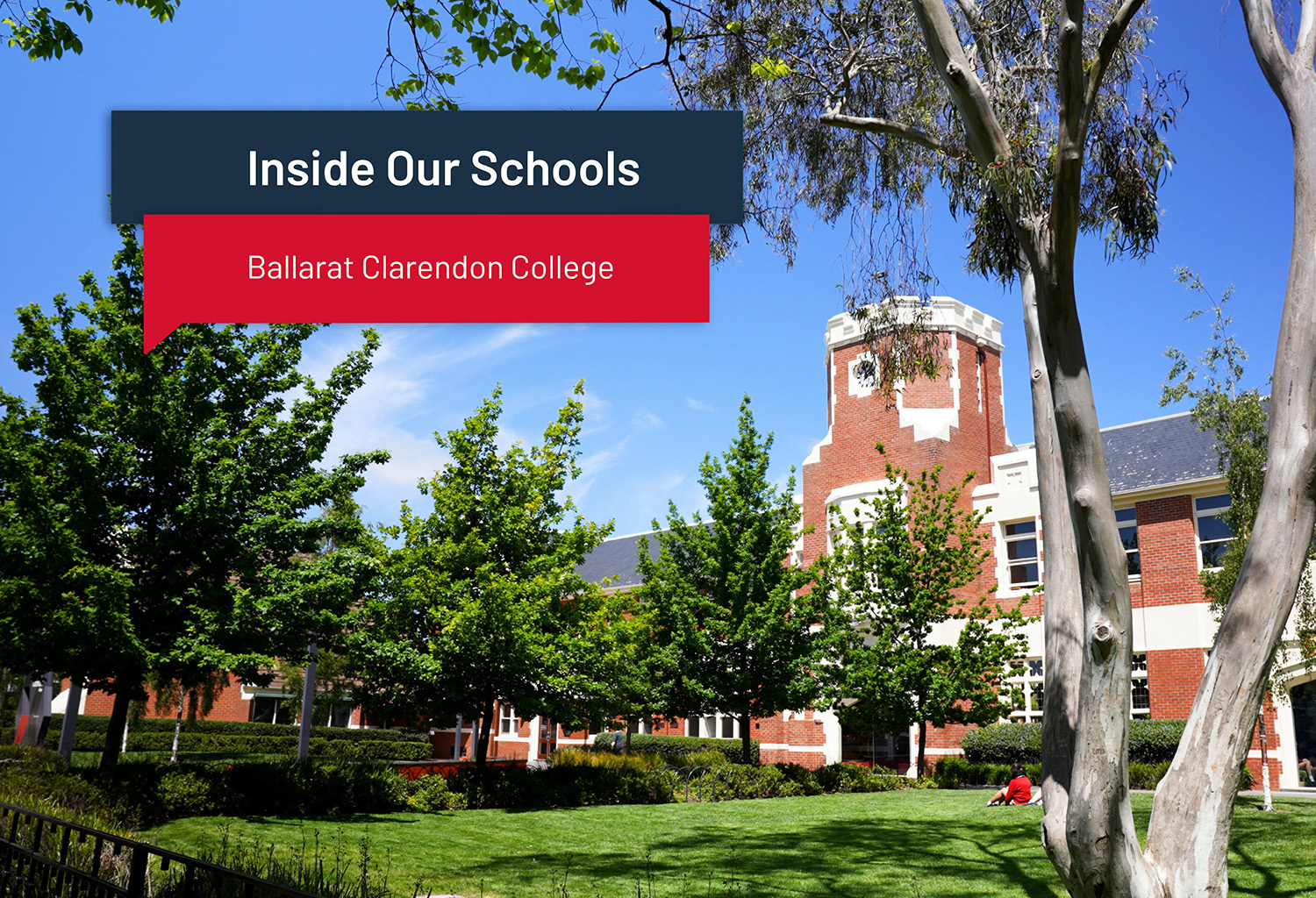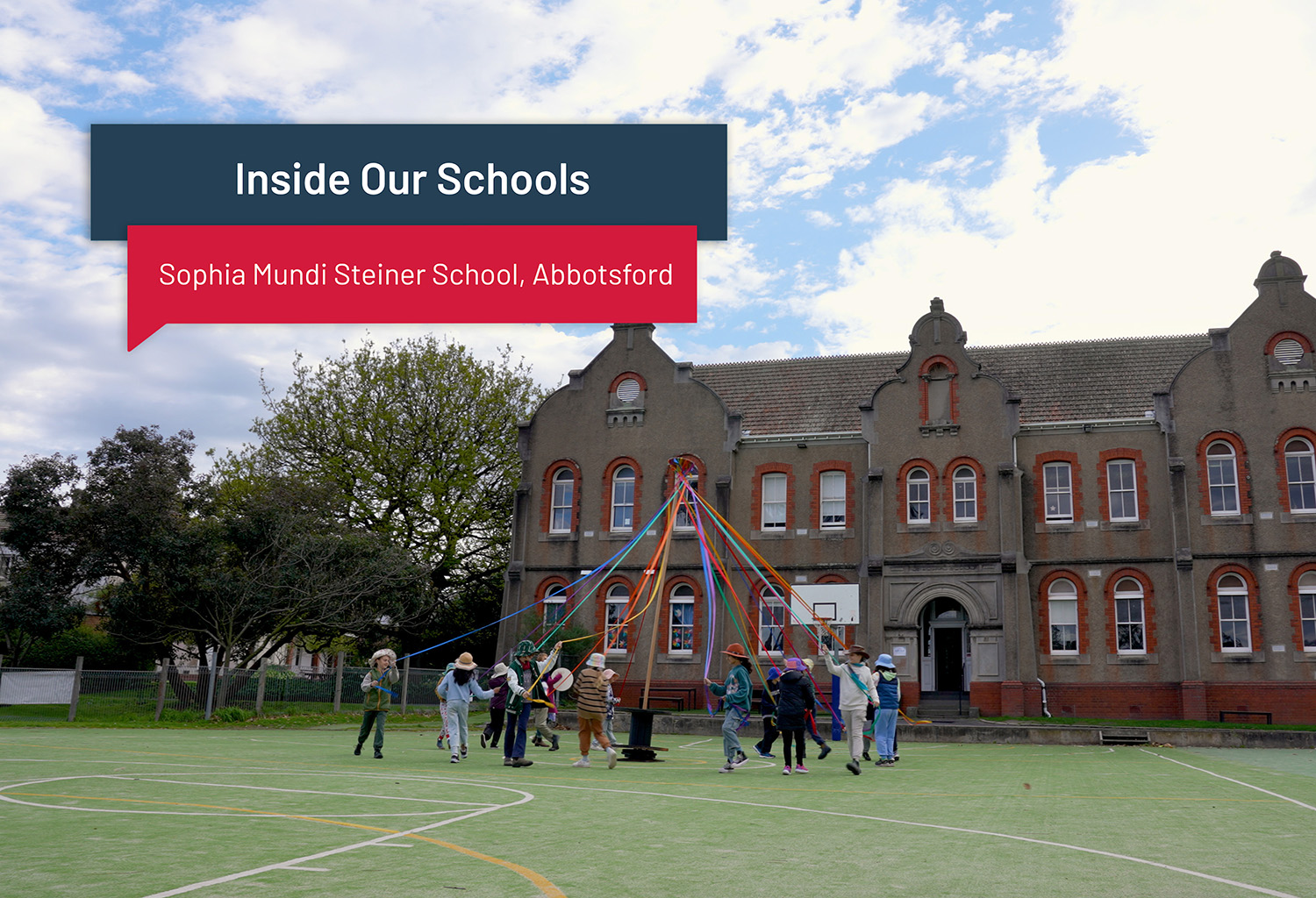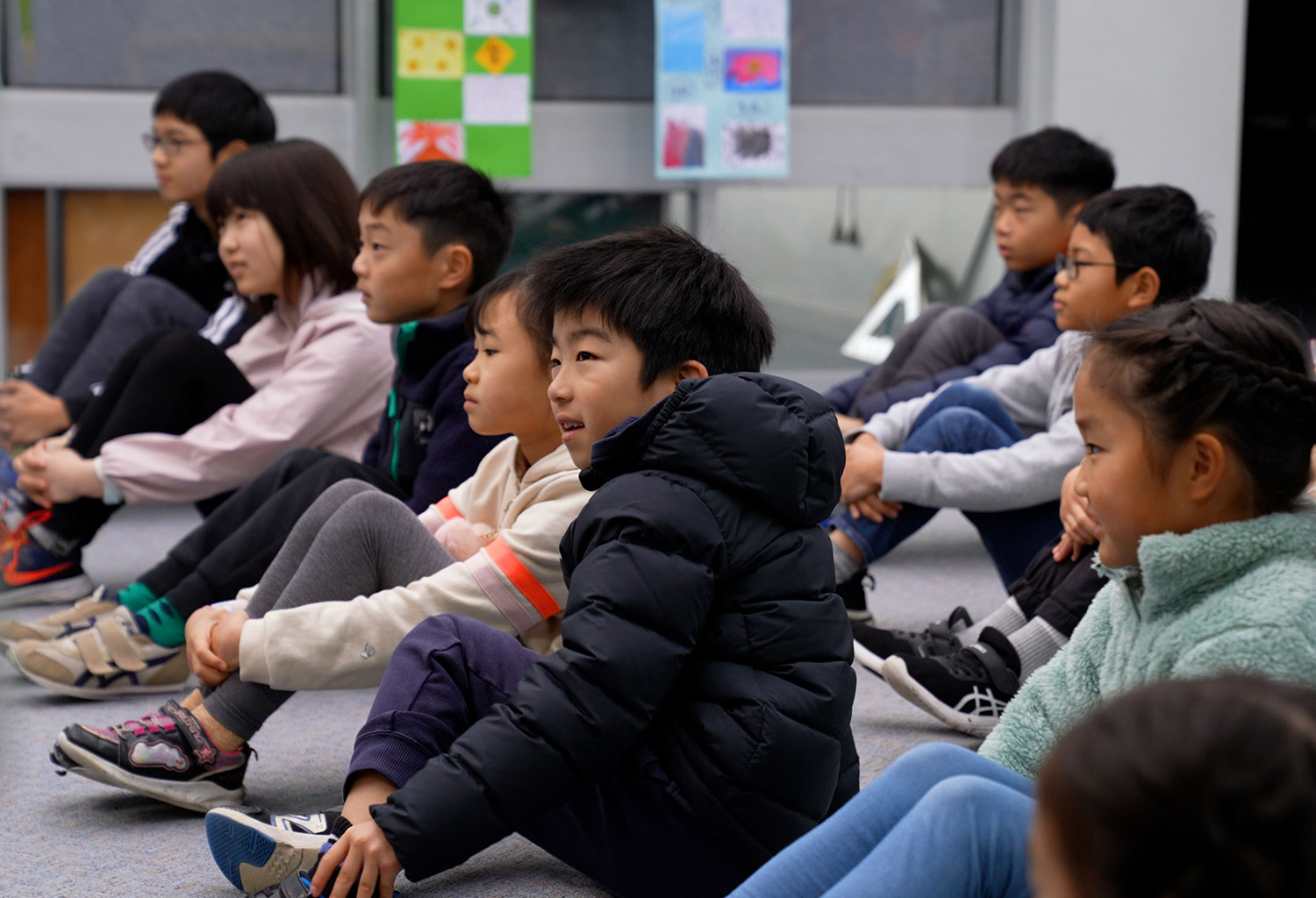Independent education offers choice
Independent education helps students to develop values, skills and dispositions, so they can thrive at school and beyond.

What is an Independent school?
Each Independent school in Victoria operates with a unique autonomy, offering diversity in education.
In Victoria, there are three school sectors: Government, Catholic and Independent. Our organisation represents member schools in the Independent sector.
Independent schools exist for a variety of reasons, including cultural, religious and philosophical. Some Independent schools operate on a standalone basis, while others are part of a system or group of schools with a common bond.
Independent schools are diverse in the communities they serve, the approach they take to education, the needs of their students, and their size. What they all share is a sense of autonomy.
All schools in Victoria operate within the bounds of state and Australian Government legislation in areas such as finance, accountability, curriculum, and assessment and reporting. Independent schools are distinguished by their own management and governance structures.
Inside our Schools
Inside our Schools is an ISV video series highlighting the breadth and diversity of Independent schools across Victoria.
Benefits of Independent education
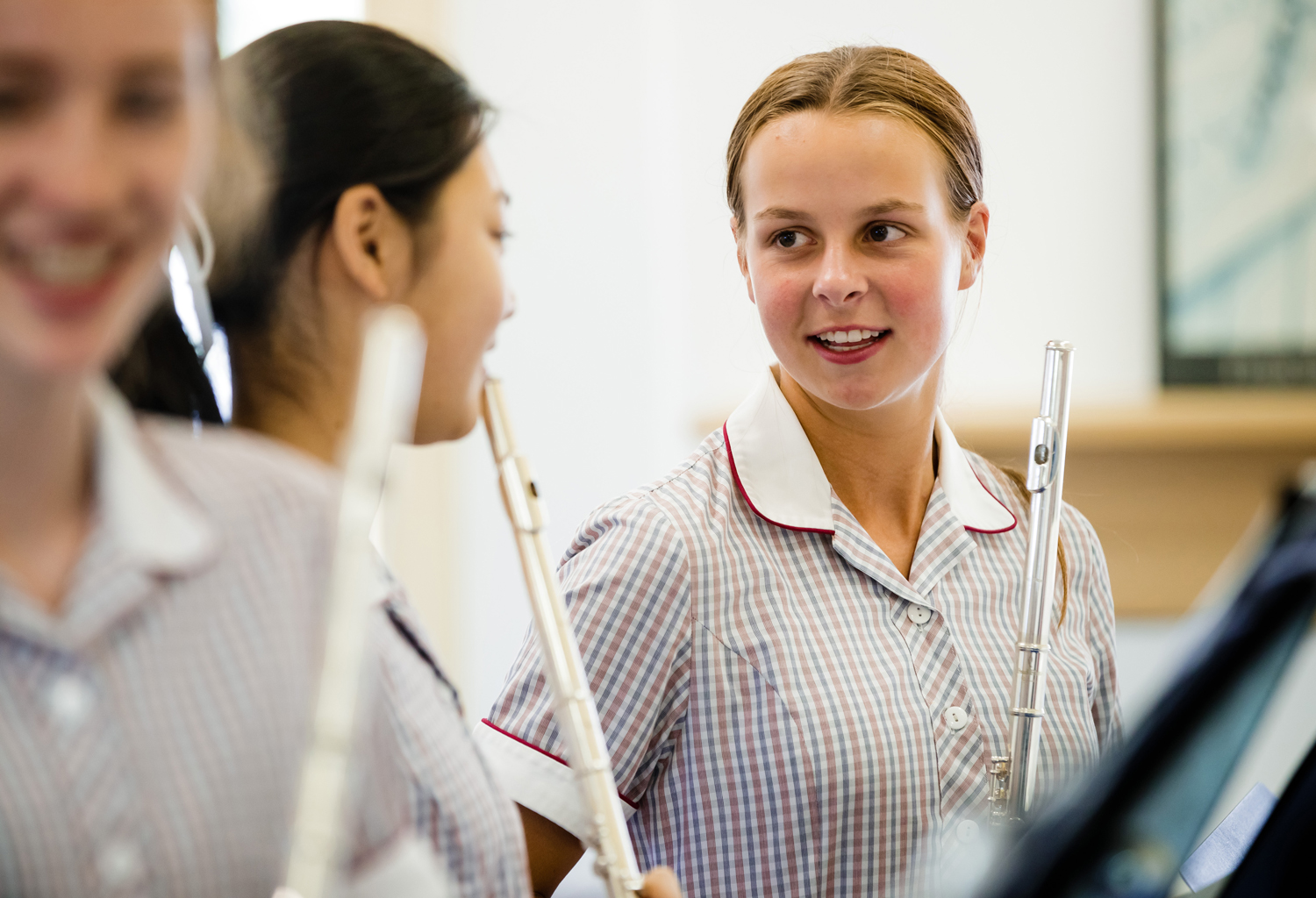
Independent schools provide a variety of options that provide a variety of benefits.
Parents choose independent schools for many reasons. These may align with a family’s values, religious and philosophical beliefs, or the unique needs of their child. Some independent schools are established primarily to support youth at risk, meeting and addressing a real community need.
Ultimately the benefit of an independent school is that it will provide an education which is right for the student. Independent schools can open up more pathways, allowing each student to be their best.
School funding
School funding is complex and often misunderstood.
Every school in Australia attracts some government funding. How much funding each school receives depends on student needs and, if it’s a non-Government school, how much their parents earn. The higher the income of a school’s parent community, the less government funding it receives.
The video, kindly shared by the Association of Independent Schools of NSW (AISNSW), explains the basics.
Teaching and learning
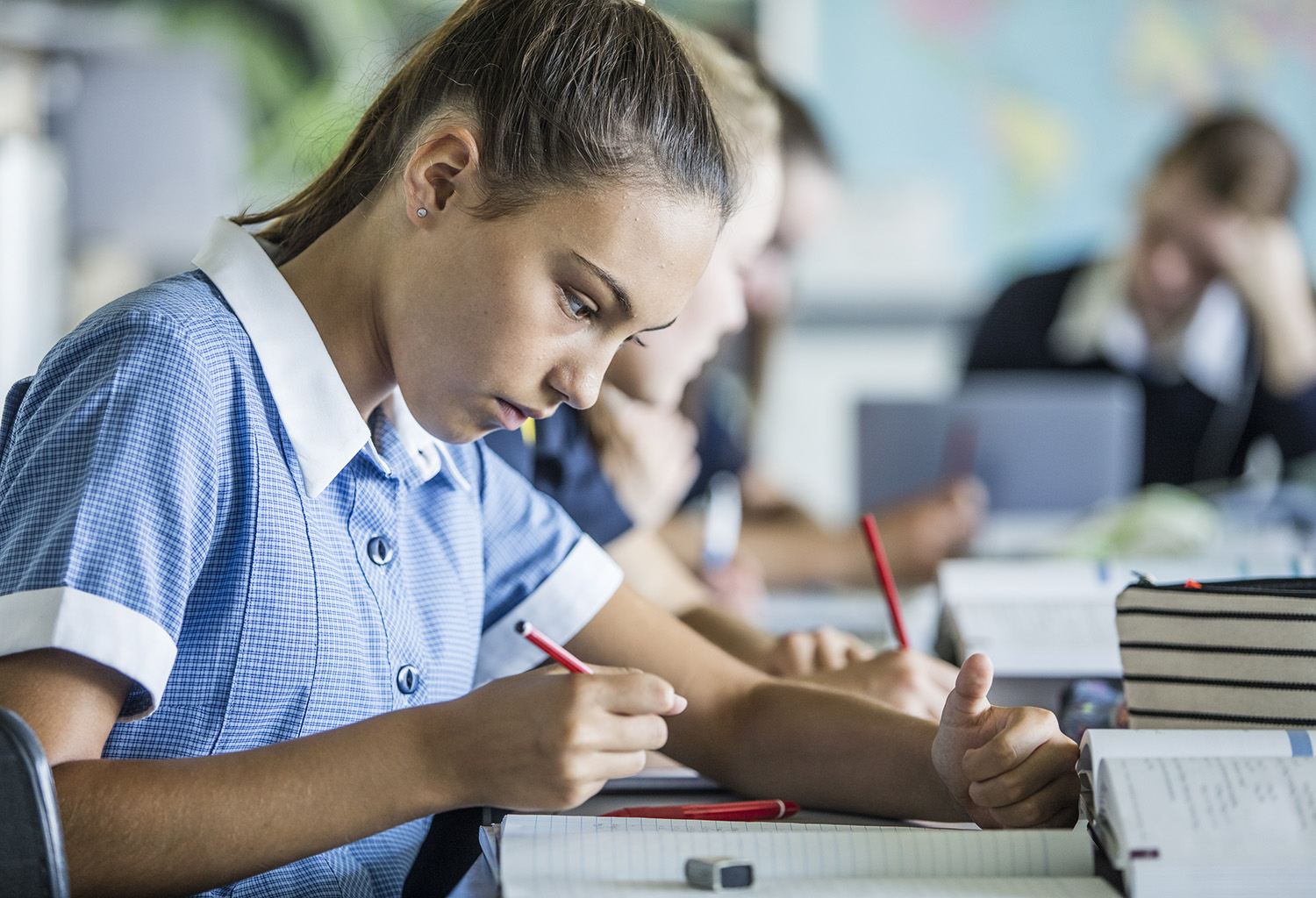
Teaching and learning: Setting the standards.
Teachers at Independent schools must be registered with the Victorian Institute of Teaching, a statutory authority that regulates the teaching profession in all schools.
This means they must meet and maintain professional standards and codes of conduct. Teachers work in schools that are required to implement the Australian, the Victorian or another approved Curriculum.
Independent schools and their teachers meet – and often exceed – minimum standards set by governments and comply with regulations covering student reports.
